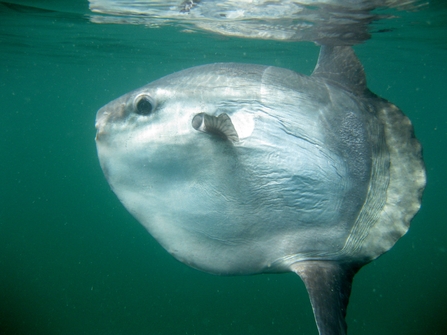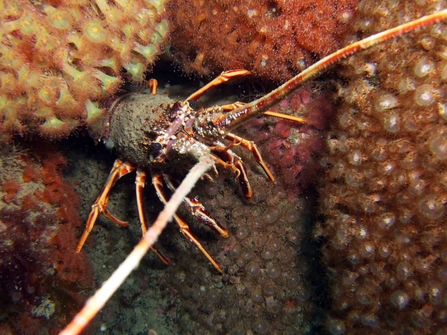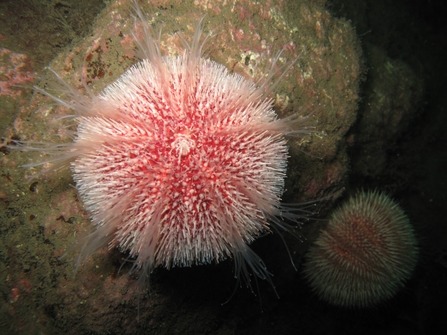I love eating fish and seafood, and over the years, I’ve done my bit, both to eat local seafood and in more varieties than most, including sea anemones, sea squirts and a striking type of spoon worm I ate once in Korea called a “fat innkeeper worm” (only to discover, quite recently, it’s also known as the “penis fish”).
The idea of diverse, locally caught and most importantly, sustainable fish and seafood is also attractive to me, but is the prospect of Brexit fisheries one which could achieve this vision? Could it succeed where other ways of governing our fisheries have failed and how does it answer the problems we currently face, of decimated fish stocks and damaging fishing methods?



